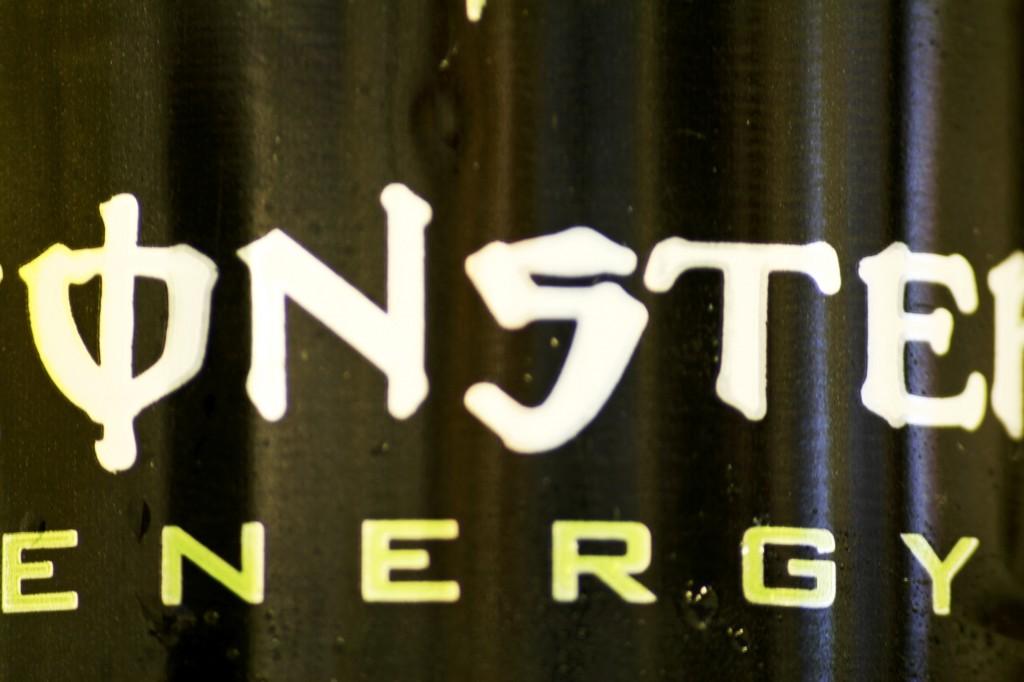College Students Dependent On Potentially Dangerous Energy Drinks
June 4, 2011

Published: October 16, 2008
It is no secret that college students depend, to varying degrees, on caffeinated beverages for energy boosts. Many students work while juggling classes and personal lives. A 2007 study by the U.S. Department of Labor found that 85.3 percent of part-time and 48.6 percent of full-time students work. For the average College Joe, that adds up to a lot of sleep-deprived nights.
For beverage companies, exhausted students equal a lucrative market of energy drinks aimed at teen and college consumers who depend on these liquid stimulants to function. “If I don’t drink this, I’m going to die,” said Tiffany Page, FCLS ’09, clutching her 16oz Monster energy drink. “I work full time, and I go to school full time. I live on these.”
But exactly what are we drinking? According to a recent study conducted by John Hopkins University, an energy drink’s “caffeine content ranges from a modest 50mg (Mountain Dew) to an alarming 505mg (Fixx—advertised as the ‘world’s strongest energy drink’) per can or bottle.” Put in perspective, researchers say that even if you limit your energy drink consumption to one Fixx per day, at 500mg of caffeine per can, it’s still equivalent to drinking 14 cans of Coke.
According to a study on “caffeine intoxication” by the University of Massachusetts Medical School’s division of toxicology, there were 4,600 caffeine-related calls to the American Association of Poison Control in 2005. The study, which reviewed how the body absorbs, digests and expels the ingredients from energy drinks, hopes that a better understanding of the effects will lead to more effective legislation on caffeinated beverages.
“We have seen the effects on campus,” said Kathleen Malara, director of student health services at Fordham College at Lincoln Center (FCLC). “Students have come in because they’ve taken cold medicine and one of these drinks. Their hearts are racing and their blood pressure is high.” Malara uses these instances to warn that caffeine is a legal drug whose intake should be monitored.
Currently energy drinks are not required to list their caffeine content on nutrition labels. Both the John Hopkins and UMass efforts push for more accountability by the beverage makers to their teen and college consumers. But how much will disclosure matter to the energy-drink-addicted legions?
“I don’t care about that,” said Rod Stewart, FCLS ’10. “I stopped drinking Red Bull because I was gaining weight from the sugar, not because of the caffeine.”
Perhaps if forced to include the caffeine content on their labels, we may inadvertently hand beverage makers a new marketing ploy. Young consumers may be more inclined to purchase drinks with higher caffeine content, viewing it as a plus rather than a minus.
“Should they put that information on the labels? Yes. Would it make a difference? No. If you are picking up these drinks, it’s ’cause you want the caffeine,” said Elizabeth Norberg, FCLS ’09. “For my dollar, if you line them up, I’d go for value for price paid. I’d go for the highest caffeine count.”











